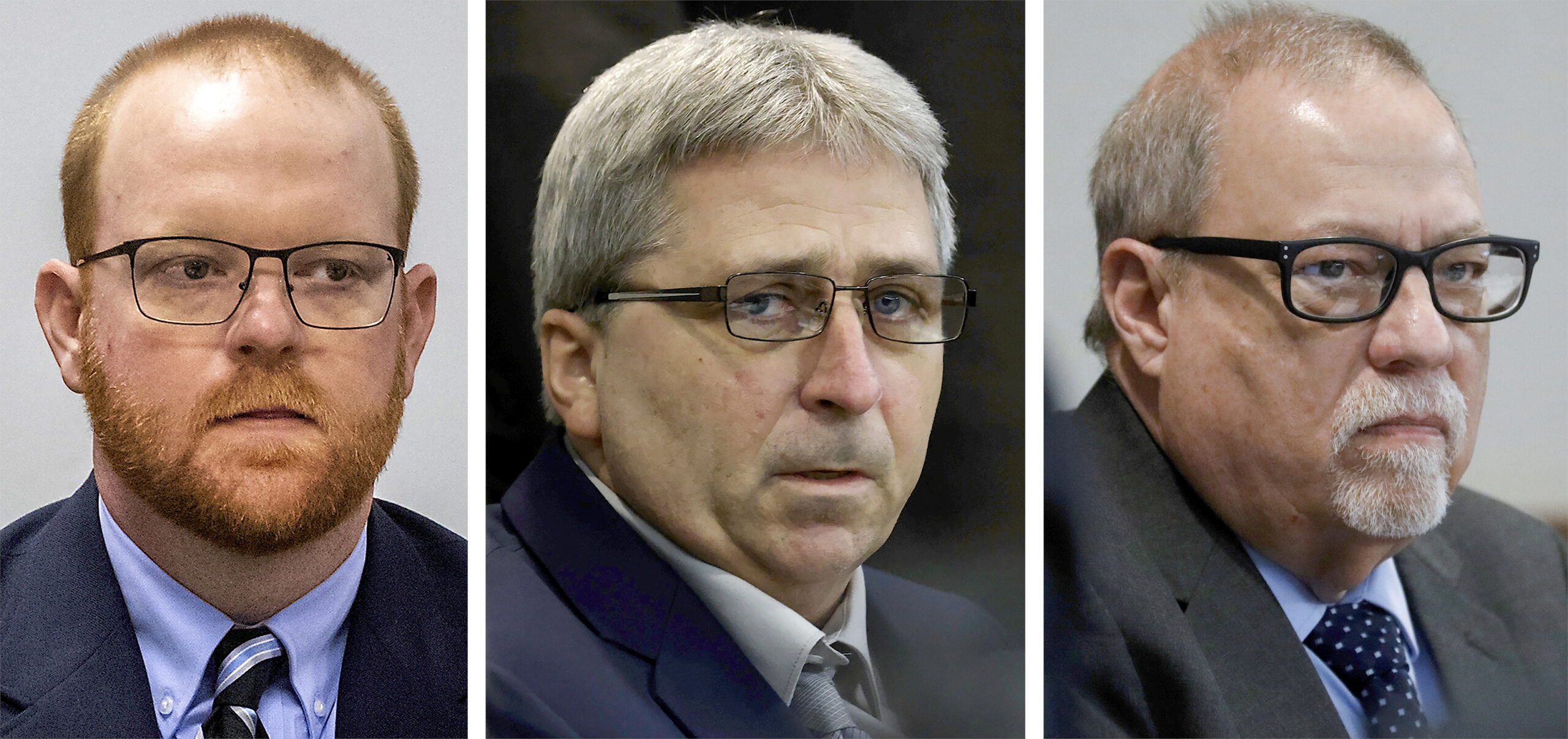Ahmaud Arbery murderers sentenced to life for federal hate crimes

This week, two of the three men prosecuted by the state for the February 2020 murder of Ahmaud Arbery in Brunswick, Georgia, received life sentences for committing federal hate crimes.
On the Tuesday edition of “Closer Look,” legal analyst Page Pate discusses the implications of the federal and state verdicts against the defendants.
The federal sentence against Travis McMichael and his father, Greg McMichael, comes after mandated life sentences following a state trial. The federal jurisdiction, unlike the state trial, characterized the murder of Ahmaud Arbery as a hate crime.
While only 85% of 10-year federal sentences are generally served, according to Pate, life sentences in federal court must endure until the end of natural life.
“Ultimately the prosecutions were incredibly important, the sentences were severe and appropriate, but I think people miss the fact that the single most important thing about this case is … the fact that they were prosecuted at all,” Pate said. “It was so close to that not happening here that it’s almost incredible to think about. … Once the incident happened there was already a false narrative being put out by the police department, D.A.’s office and certainly the McMichaels’ side.”
The defendants continued claims of not having intended to kill Arbery. The pair has received threats from inmates within state prison facilities and will likely require physical isolation upon entry. The video evidence of the crime, which was provided to a local radio station by the McMichaels’ defense, reshaped the route of the prosecution in enhancing juries’ account of the event beyond the word of differing testimonies and accounts.
“To say [Greg McMichael] didn’t intend for any of this to happen … or for the death of Ahmaud Arbery to occur, [ignores] the fact that everything he did said that in motion. That was what the jury found both in state court and in federal court.”








